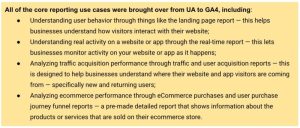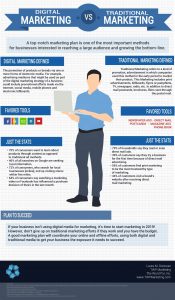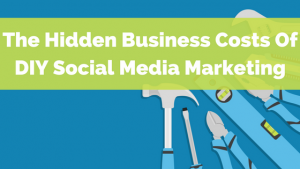— July 8, 2019
Today’s customer has more choices available to them than ever before. At the same time, technology has made it easier to switch between those choices. For example, switching banks or insurers can be done in a matter of minutes, with just a few taps on a smartphone.
In this kind of environment, organizations need to provide their customers with reasons to remain loyal. The most powerful of them being trust.
In fact, a recent study by Deloitte Digital found that trustworthiness is the trait that makes customers feel the most aligned with their favorite brands.
Email as a preferred channel
The thing is, trust can’t be built in a vacuum. It requires organizations to practice ongoing communication and engagement. Importantly, it requires them to do so on whatever channel, each of their individual customers prefer.
And for most customers, that preferred channel is email.
The numbers might vary, but study after study has shown that most people would rather have organizations communicate with them via email than text, phone calls, direct mail, or social media. This holds true, regardless of age and socio-economic background.
There’s a very good reason for that: email is accessible (most internet users have an email address), the customer can reaTd it when they want to and it provides the kind of exceptional customer experience that drives loyalty.
More than almost any other form of customer communication, email allows for hyper-personalization, customization, and the kind of data that ensures each customer gets maximum value from the organization’s communications.
It should hardly be surprising then that global management consulting firm McKinsey & Company found that the rate at which emails prompt purchases is three times that of social media, and it also delivers an average order value 17% higher.
Relevance and safety
It’s worth noting, however, that there are two key elements, organizations need to keep in mind if email is to be used successfully in building and maintaining trust:
- The email communication has to be relevant
- Security is key
Technology has made the former a lot easier to deliver.
Real-time data, dynamic content and artificial intelligence are all powerful tools when it comes to creating the perfect message for each person, at the perfect time.
Even with all that technological power, however, it’s still vital that an organization’s email communications feel authentic. Being the digital equivalent of a sleazy salesperson is no way to build trust.
Finally, and perhaps most importantly, people have to feel secure, when engaging with emails they receive from a business. Email-based cybercrime is a major concern for many consumers.
An organization can go a long way to easing those fears by educating consumers about what it’s doing around email security and how they can keep themselves safe – this is particularly important, as it empowers customers, further driving trust and loyalty.
Fostering connection
Ultimately, if a customer is really going to trust an organization, they need to feel connected to it.
Building and maintaining that sense of connection requires ongoing, relevant, and useful communication. And on all those fronts, email’s power is hard to beat.
Digital & Social Articles on Business 2 Community
(19)
Report Post






